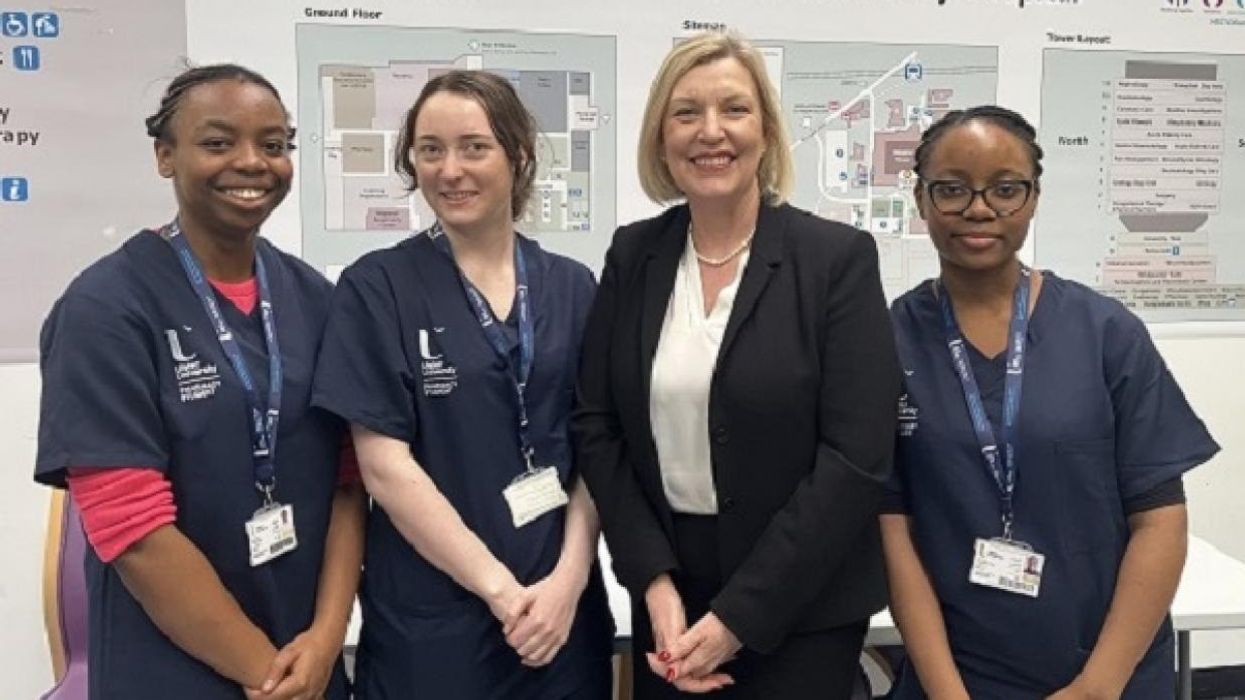Up to 12 weeks of Experiential Learning will be provided to the students with multisector placements
The Department of Health (DoH) has launched a new programme to provide pharmacy undergraduate students in Northern Ireland with clinical placements across hospital, community and general practice settings.
It has commissioned the Northern Ireland Centre for Pharmacy Learning and Development (NICPLD) at Queen’s University Belfast (QUB) to deliver the new Experiential Learning (EL) programme.
NICPLD will work with QUB, Ulster University (UU) and local employers to co-ordinate the work placements, the department said.
Students across years 2- 4 of the Masters of Pharmacy course will be given up to 12 weeks of Experiential Learning with multisector placements in hospital (6 weeks), community pharmacy (3 weeks) and general practice (3 weeks).
Chief Pharmaceutical Officer, Professor Cathy Harrison said: “Enabling our student pharmacists to experience more clinical practice during their studies enables them to better connect the theories and knowledge learned in the classroom to real health and social care situations.
“I welcome the roll-out of the Experiential Learning programme and look forward to seeing the benefits for pharmacy graduates, the HSC and ultimately for patients.”
She is confident that this programme will contribute to a more capable, effective, skilled and flexible pharmacy workforce, which will, in turn, allow the Health and Social Care (HSC) to respond to changing population demographics and patient need.
A part of the programme, all newly registered pharmacists will be prepared to have a greater role in providing clinical care to patients and the public. They will also be able to prescribe medicines, as independent prescribers, from 2026.
Samantha Ojeisekhoba, Caoimhe Hudson and Judy Nwokolo, have become the first students to benefit from the programme, and they have recently taken up work placements with local employers across the region.
The programme was developed in response to the new revised initial education and training (IET) standards for pharmacists in Northern Ireland which were jointly developed by the General Pharmaceutical Council (GPhC) and the Pharmaceutical Society of Northern Ireland (PSNI), the DoH informed.













